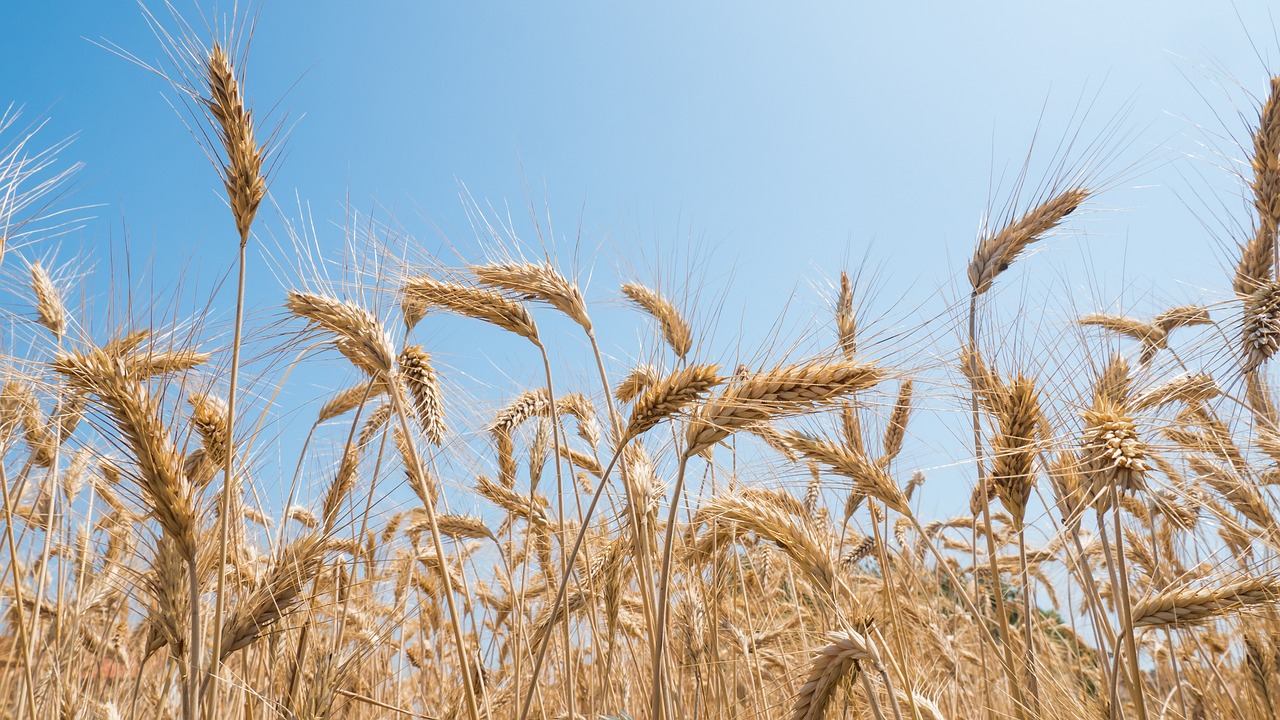Analyzing the Impact of Meat Processing on Indigenous Communities: All panel.com, Online cricket id, Get online cricket id
all panel.com, online cricket id, get online cricket id: Analyzing the Impact of Meat Processing on Indigenous Communities
Meat processing has long been a controversial topic when it comes to its impact on the environment, animal welfare, and public health. However, one aspect that is often overlooked is the impact of meat processing on Indigenous communities. Indigenous peoples around the world have a deep connection to the land and animals, and the industrialization of meat processing can have significant negative effects on their way of life and traditional practices.
In this article, we will delve into the implications of meat processing on Indigenous communities, exploring issues such as land rights, cultural preservation, and economic sustainability. By understanding these impacts, we can work towards creating a more sustainable and equitable food system that respects and supports Indigenous peoples.
Land Rights and Traditional Territories
One of the most pressing issues facing Indigenous communities in relation to meat processing is the encroachment on their traditional territories. Large-scale meat processing facilities often require vast amounts of land, leading to deforestation, habitat destruction, and pollution of water sources. This not only threatens the livelihoods of Indigenous peoples who rely on the land for hunting and gathering, but also undermines their sovereignty and self-determination.
The expansion of meat processing facilities can also lead to conflicts over land rights and resource management. Indigenous communities may find themselves in direct opposition to government policies and corporations seeking to exploit their land for profit. This can result in legal battles, social unrest, and the loss of cultural heritage and traditional knowledge.
Cultural Preservation and Traditional Practices
Meat processing can also have a detrimental impact on the cultural practices and traditions of Indigenous communities. Many Indigenous peoples have a deep spiritual connection to animals and the land, and traditional hunting and gathering practices are integral to their way of life. The industrialization of meat processing can disrupt these practices, leading to the erosion of cultural identity and the loss of traditional knowledge.
Moreover, the introduction of processed meats and fast food into Indigenous diets can have serious health consequences. Traditional diets rich in wild game, fish, and plants are often more nutritious and sustainable than highly processed foods high in sugar, fat, and additives. The shift towards a Westernized diet can exacerbate health disparities and contribute to chronic diseases such as diabetes, obesity, and heart disease.
Economic Sustainability and Food Sovereignty
In addition to cultural and environmental impacts, meat processing can also affect the economic sustainability of Indigenous communities. Large-scale meat processing facilities often exploit cheap labor and natural resources, leading to economic inequality and dependency. Indigenous peoples may find themselves forced to work in unsafe and exploitative conditions, or to sell their land and resources for a fraction of their true value.
Furthermore, the industrialization of meat processing can undermine food sovereignty and self-sufficiency among Indigenous communities. Traditional food systems are often based on principles of sustainability, reciprocity, and respect for the land. The reliance on imported processed foods can disrupt these systems, making Indigenous peoples vulnerable to food insecurity, economic instability, and cultural dislocation.
FAQs
Q: How can Indigenous communities preserve their cultural traditions in the face of industrial meat processing?
A: Indigenous communities can preserve their cultural traditions by advocating for land rights, promoting sustainable food systems, and revitalizing traditional practices.
Q: What role can consumers play in supporting Indigenous communities affected by meat processing?
A: Consumers can support Indigenous communities by choosing ethically sourced and locally produced meats, advocating for Indigenous rights, and learning more about the impacts of meat processing on Indigenous peoples.
Q: What policies and initiatives are needed to address the impact of meat processing on Indigenous communities?
A: Policies and initiatives that prioritize Indigenous rights, land stewardship, and cultural preservation are essential to addressing the impact of meat processing on Indigenous communities.
In conclusion, the impact of meat processing on Indigenous communities is a complex and multifaceted issue that requires a holistic approach. By recognizing and addressing the social, cultural, and economic implications of meat processing, we can work towards a more sustainable and equitable food system that respects and supports Indigenous peoples.







